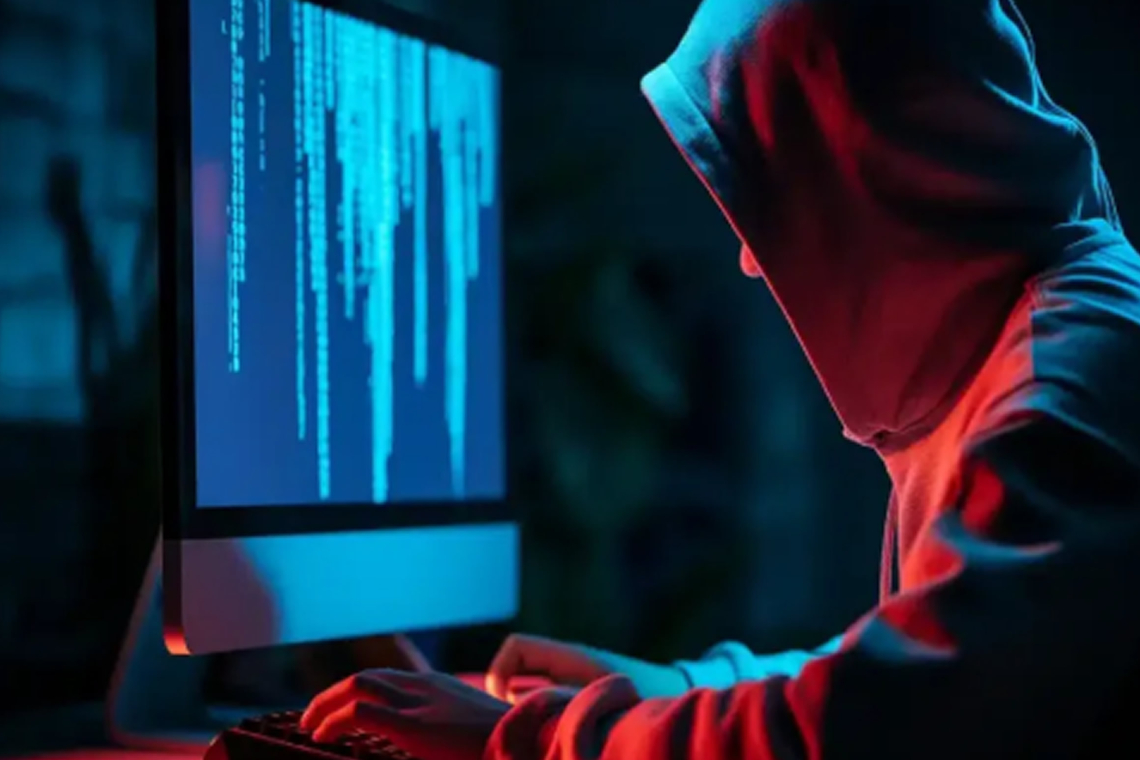A shocking incident unfolded in the U.S. when Jefferey Bowie, CEO of cybersecurity firm Veritaco, was arrested for intentionally infecting
Saint Anthony Hospital’s network with malware, compromising critical systems and endangering patient care.
The Incident
On April 14, 2025, Bowie was arrested and charged with two counts of violating the Oklahoma Computer Crimes Act, related to a cyberattack he allegedly carried out on August 6, 2024. The attack involved planting malware into the hospital’s computer network, which put sensitive systems at risk. Disturbingly, the CEO of a cybersecurity company was behind this breach. Surveillance footage from the hospital reportedly links Bowie to the attack, but the motive behind it remains unclear, though it could involve either financial gain or personal retribution.
How Bowie Gained Access
The exact method Bowie used to access the hospital’s systems is still under investigation. Court documents suggest that Bowie convinced hospital staff that he needed access to review medical reports regarding a relative’s treatment at Saint Anthony. This raises serious concerns about the hospital’s internal security, especially given Bowie’s role in a cybersecurity firm.
Potential Legal Consequences
If found guilty, Bowie faces significant legal consequences, including possible imprisonment and financial penalties ranging from $50,000 to $100,000, depending on the case's severity. This incident highlights the risks posed by insider threats, especially when individuals with access to critical systems abuse their positions.
The Growing Threat of Insider Attacks in Healthcare
This case underscores the growing risk of insider threats in the healthcare industry. Hospitals and healthcare organizations must be vigilant in securing their networks from both external and internal malicious actors. Insider attacks can come from disgruntled employees, competitors, or even trusted partners with access to sensitive information.
Healthcare institutions need to adopt proactive measures to address these risks, such as conducting thorough background checks on staff and contractors, enhancing network monitoring, and providing ongoing cybersecurity training. Implementing strong access controls and real-time surveillance can help detect and prevent unauthorized actions before they result in significant damage.
Found this article interesting? Follow us on X(Twitter) ,Threads and FaceBook to read more exclusive content we post.


